News - Advertising
Patrick Baz: ‘We have storytelling in our DNA’
by Iain Akerman
July 15, 2019
.jpg) Advertisement
AdvertisementThe corporate world is a strange place for Patrick Baz to be. The former war photographer spent more than 30 years covering the region’s conflicts. Yet here he is, sitting in a cafe, discussing brands and advertising with what looks like a smile on his face.
“It’s funny, because I was in Tunis for an advertising conference once and I bumped into Roy Haddad [WPP’s director for the MENA region],” says Baz. “And Roy looks at me and says, ‘what are you doing here? You’re not a photographer anymore?’”
He is, but not the kind he once was. A self-made photographer, a ‘street boy’, Baz never studied photography. He grew up taking photos on the streets of Beirut during the civil war, picking up his father’s Contaflex camera instead of a gun and throwing himself into the action. He would straddle both East and West Beirut, selling his pictures to the likes of Time, Newsweek and Paris Match before joining Agence France Presse (AFP) in 1989.
“It wasn’t as easy as it is today,” he says. “We couldn’t find film everywhere. The cameras were not as sophisticated as they are today, so we were taking pictures and we didn’t know what we were taking. I’m talking 1978, 1979, the 1980s, where you had one picture and nothing else because you couldn’t afford more film and the cameras were extremely expensive. I remember I bought myself (with the help of my parents) a Canon AE-1. That was, like, ‘wow, a sophisticated camera with a zoom’. It wasn’t cheap. It was an expensive hobby.”
Yet war took its toll on Baz. After more than three decades of covering conflict he was diagnosed with post-traumatic stress disorder (PTSD) and underwent eye movement desensitisation and reprocessing therapy to replace traumatic images with positive ones.
“I don’t believe you can be a war photographer if you’re not driven by personal things,” he says. “I don’t believe you can risk your life. What, you’re a saint? You’re going to tell the truth? Come on, give me a break. I mean, you do it once, you do it twice, but you go to every single war zone on earth. You can tell the truth by inquiring about corruption. You don’t need to go to war. That’s what I keep telling students today. Across the street there is a story to tell if you really want to be a storyteller. But for me, I did it because I was driven by the drug of war.”
“I am not a war photographer anymore. I am not a photojournalist anymore. I am selling you brand journalism.”
But Baz is not here to talk about war. He’s here because of AFP-Services, the corporate video and brand storytelling subsidiary of AFP. Launched in the region in 2016, Baz was appointed the operation’s regional manager after his successful treatment for PTSD and was tasked with growing the operation from scratch. Something he had also done with AFP from 1995.
“AFP said to me, ‘you know the region, we believe you have the skills to develop this subsidiary, why don’t you give it a try?’ So I did, and I’m happy I did,” says Baz. “It’s something new in advertising. It’s a different approach.”
AFP-Services is essentially a production company. One that leverages its parent company’s resources and network to create a varied array of content for clients. It produces video and photography, social network feeds and infographics. It even provides live blogging and animated graphics. All created with what Baz describes as “news agency quality, wire-service speed, relevance and accessibility”.
“We have three added values compared to a normal production company,” says Baz. “We’re international, because we use AFP’s network all over the world; we have storytelling in our DNA, because of our journalistic background; and we can distribute the content (upon request) for free to all our subscribers.”
To date, clients have included the likes of the El Gouna Film Festival, the National Museum of Qatar, Ferrero, and Abaad, the Lebanese resource centre for gender equality. It was Baz who shot the latter’s ‘Undress522’, one of his first contracts with Leo Burnett.
It was the Abaad campaign that proved to Baz that there was a market AFP-Services could tap into. It also proved that he didn’t have to be in a war photographer in order to have an impact. He could contribute to social change in other ways. The ‘Undress522’ campaign had sought to raise awareness of article 522, which stated that a rapist could be exonerated if he married his victim. A few weeks after ‘Undress522’ was launched, article 522 was abolished by an act of parliament.
“I like building stuff. I like challenges,” he says. “I built the whole region for AFP from nothing. Now I’m building AFP-Services. So for me it’s challenging… But I’m also learning. I don’t have the pretension of knowing. I know my previous job, yes, and I’m putting my experience as a photojournalist, as an image expert, as a media expert, at the disposal of brands.
“How does it work? I’m still discovering with clients. Why? Because most of the clients do not know how it works. I’m bringing something new to the market. You learn with the market, you learn with your clients. We’re both learning how we can approach this new product that we are putting on the market.”
There’s a side benefit too. By working with brands he is helping the industry he has been part of for years find new ways to survive.
“I am not a war photographer anymore. I am not a photojournalist anymore. I am selling you brand journalism,” says Baz, a Pictures of the Year International winner. “I am selling you brand content to help your brand and to help my colleagues. To help journalism and photojournalism. This is how we can pay people. Let them be independent, let them be totally independent. I don’t want them to know what I’m doing. I don’t want them to hear about what I’m doing. But I want them to get paid at the end of the month because of what I’m doing. And that’s not new, because advertising always paid. Now it’s a direct link with the sponsor. It’s not indirect through a newspaper or through a website. It’s direct.”
It’s all far removed from Beirut during the civil war, the First Intifada in Palestine, and the war in Iraq, where Baz was embedded with US marines near Ramadi. And Baz couldn’t be happier.
“If you would have asked me a few years ago what else I was planning to do in my life, I would have said ‘I don’t know. I don’t know how to do anything else. That’s what I do and that’s my life and that’s my job’,” he says. “I couldn’t imagine that I would not be a journalist, or a photojournalist, or that I would cross the line. I’m on the other side of the line now. I think therapy helped kill my avatar. This war addict. It’s another chapter in my life and I love it.”


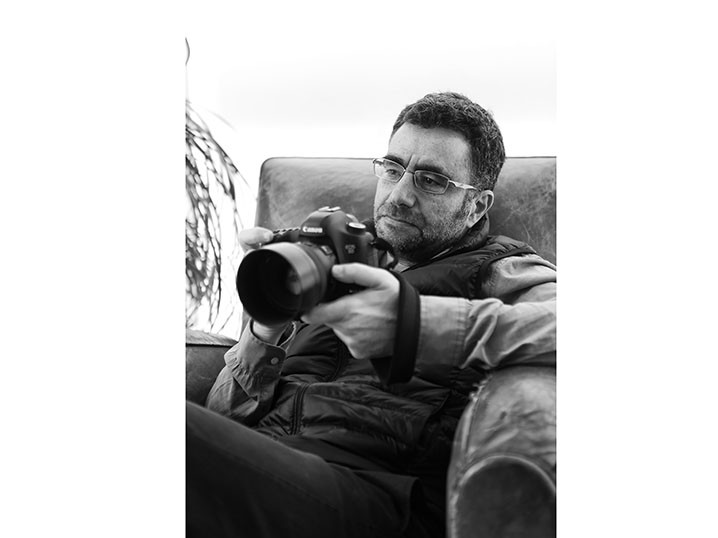










.jpg)
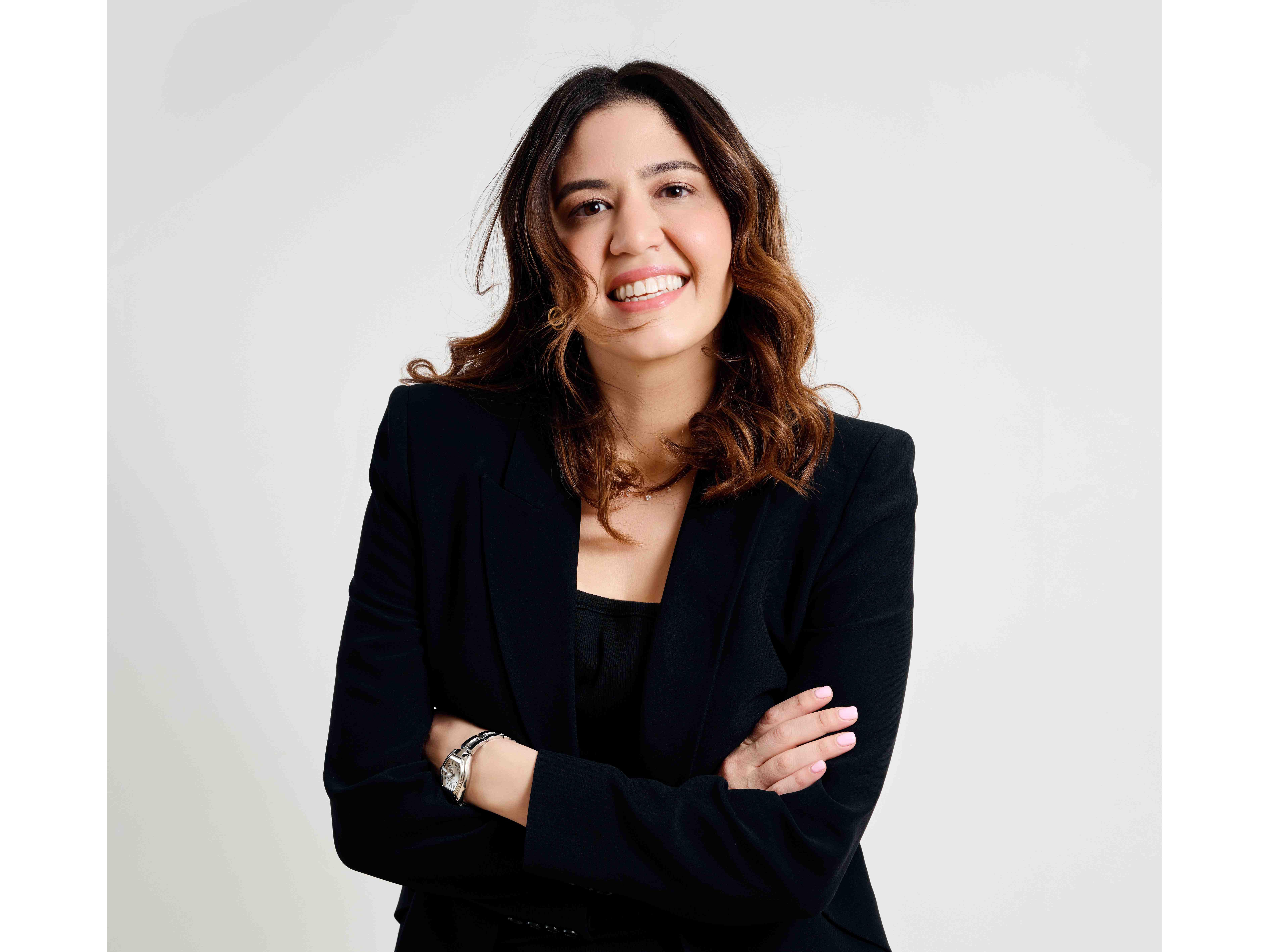
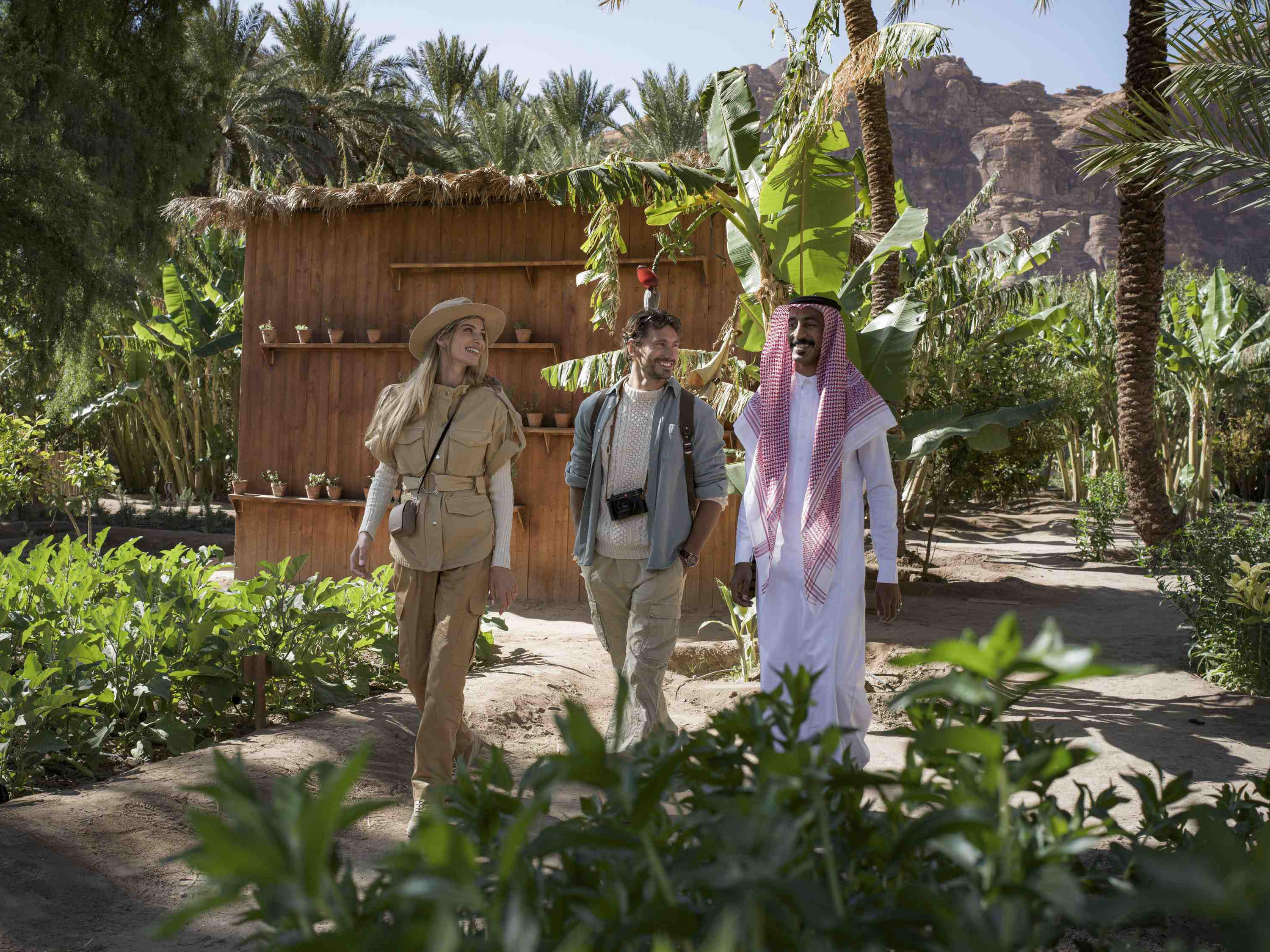
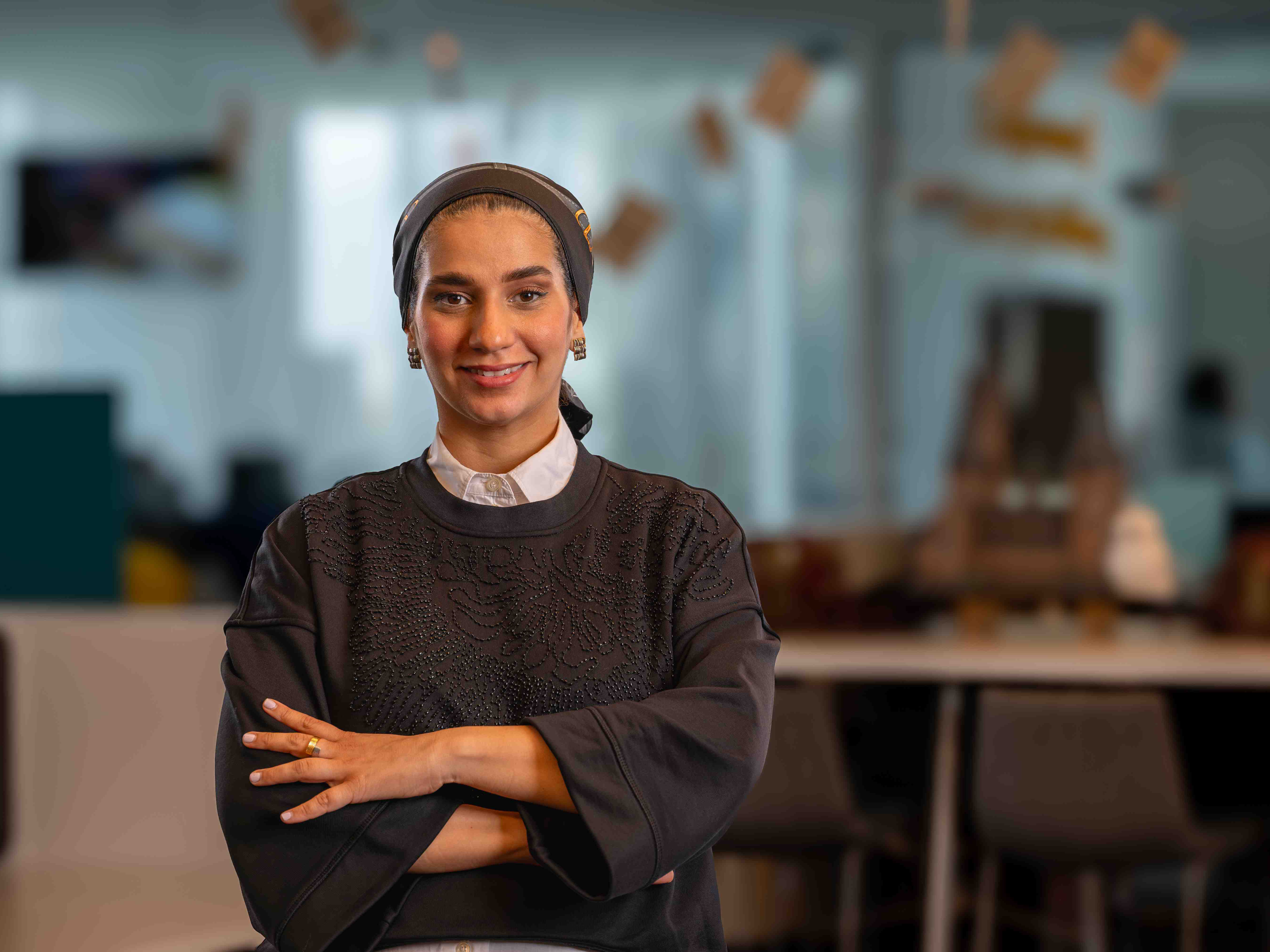
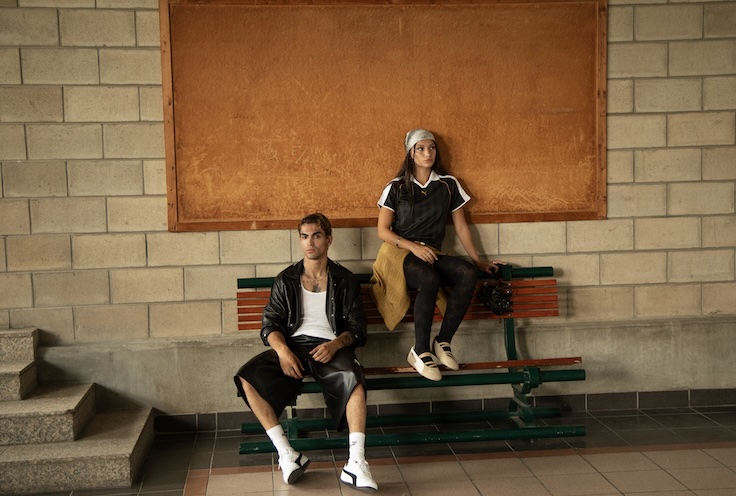
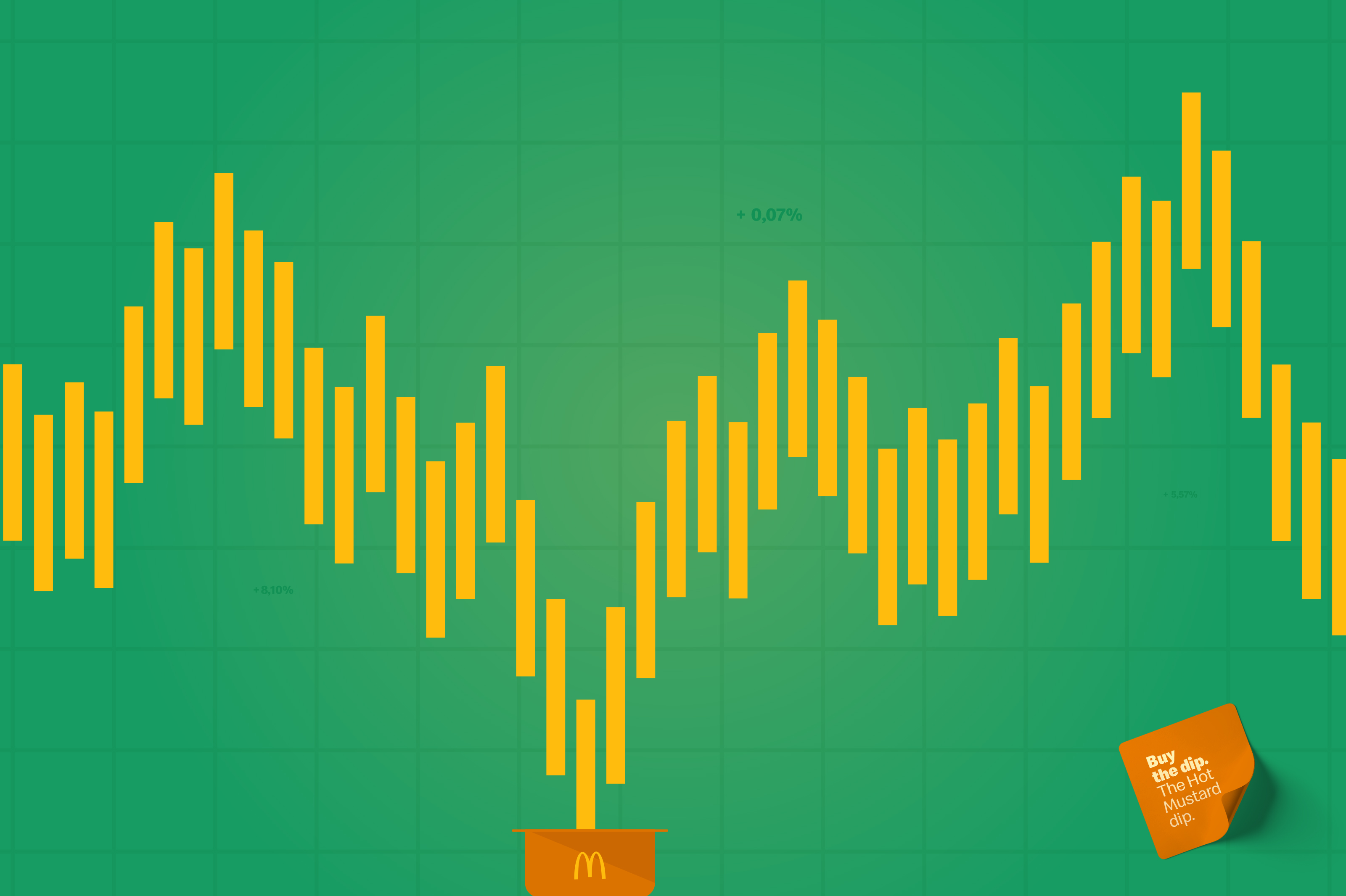
.jpg)




